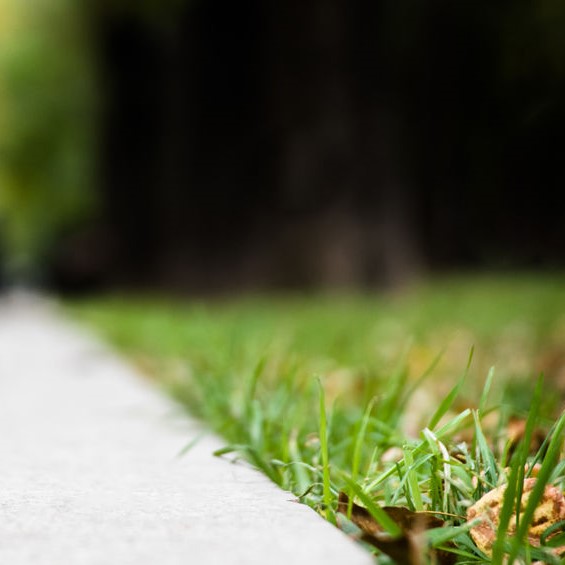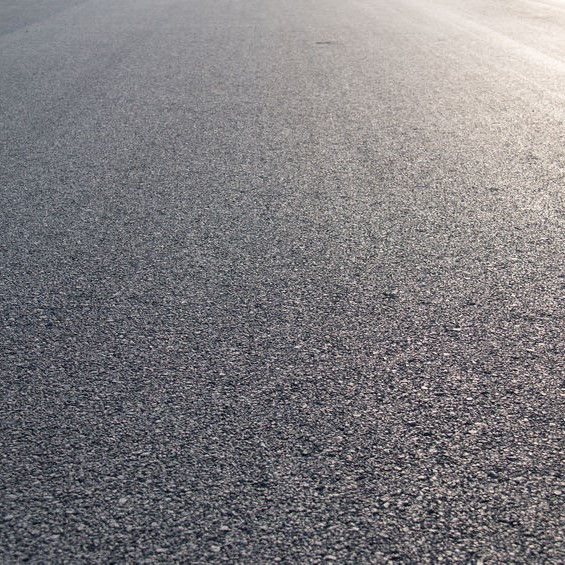
What is pavement seal coating?
Asphalt pavement is primarily an aggregate mixture of rock and/or stone with gravel, and a binder. That mixture with the added binder is more commonly referred to as asphalt cement and comes from certain crude oils that are refined. That alone cannot withstand the elements and that is where pavement seal coating is added.
Why get pavement seal coating? This binder will prolong the life of the asphalt surface, but it needs a layer of protection as well. The chemicals, rain, and UV rays will degrade the binder over time and that allows the asphalt to degrade. Without a pavement seal coating the surface become brittle and begins to crack, then break, and potholes form as water seeps into those cracks.
Pavement seal coating is a substance made of heated asphalt bitumen that is 240 degrees Fahrenheit or hotter and turns the asphalt pavement viscous. This is the binder ingredient we mentioned earlier and is used for driveways and parking lots. It is a naturally occurring product crude oil byproduct.
Does sealcoating fill cracks?
No, the cracks and potholes need to be filled prior to the pavement seal coating. A routine of pavement maintenance should include pavement seal coating after any cracks and potholes have been filled. With proper care and maintenance, an asphalt pavement lifespan is doubled, and the curb appeal is maximized. If only pavement sealing is done, the cracks allow moisture to get under the asphalt and erosion begins. This allows the pavement to fail and potholes form.
Should I seal my driveway myself or hire someone?
There are two big differences between professional pavement seal coating and DIY pavement seal coating:
- The professionals know How to pavement seal coating from pre-cleaning, temperature gauging, and finishing up.
- They have the proper equipment, like spray tanks, which get not only the large area of pavement seal coating but the edges too. This large spray tank has a high-pressure spray wand that using properly is a learned experience.
A third reason to go with a professional pavement seal coating is the guarantee and warranty. If there are any issues with the finished job, you should have a limited, stated guarantee and warranty with the professional.
Is seal coating your driveway worth it?
A couple of points in favor of pavement seal coating as part of the maintenance of an asphalt driveway:
- The driveway should have a strong gravel base, the better the base, the better driveway will hold up. No less than six inches of a crushed-stone base under no less than four inches of asphalt is the recommendation.
- Water is a huge threat to a driveway’s integrity. Good drainage along with a pavement seal coating is recommended to protect that integrity and any cracks should be addressed immediately.
Pavement seal coating a driveway will restore the top layer. It will protect the gravel and sand embedded in the asphalt from oxygen and water damaging it. Not to mention the curb appeal is maintained.
What temperature can you seal coat a driveway?
The recommended temperature for applying a pavement seal coating is no cooler than 50 degrees and no warmer than 55 degrees. This is the recommended temperature of the air and the pavement and for up to eight hours as it cures and dries.
What are the advantages of pavement seal coating?
For pavement seal coating to be the most effective, the temperature in the air and of the pavement should be at least 55 degrees Fahrenheit. This temperature is needed from start to finish of application and up to eight hours after the application is finished.
Additionally, before beginning the pavement seal coating process, the asphalt surface needs to be cleared of any debris and dirt. All minor repairs should be completed and allowed to cure or dry, like cracks and potholes. The surface to be pavement seal coated should be thoroughly cleaned. Once all of this is done the following benefits can be expected:
- Sealcoating protects and extends the life expectancy of the asphalt pavement.
- Regular pavement seal coating will save you money. This recommended maintenance will help with extending the lifespan and minimize the amount of repairs over time.
- Pavement seal coating protects the asphalt from exposure to the elements that cause it to fade. Pavement seal coating keeps the asphalt looking clean and new.
- Pavement seal coating accelerates the ice and snow melting and protects the asphalt from frost, rain, snow, and water penetration.

Pavement seal coating vs repairs?
Both! The repairs need to be done along with a thorough cleaning before the pavement seal coating is applied. If you’re not going to apply a pavement seal coating after making repairs, they’ll simply break and crack again, and most likely, worse than they were. So, if you’re going to take the time to make repairs, then have a pavement seal coating applied to protect the repairs and the rest of the paved area too. This will save you from having to make repairs again too soon. Give us a call at 254-716-8685 today.
